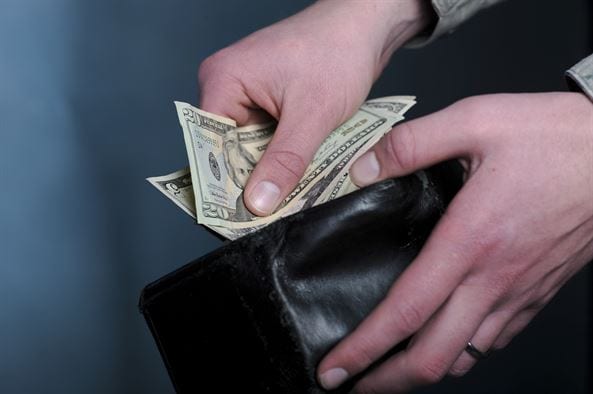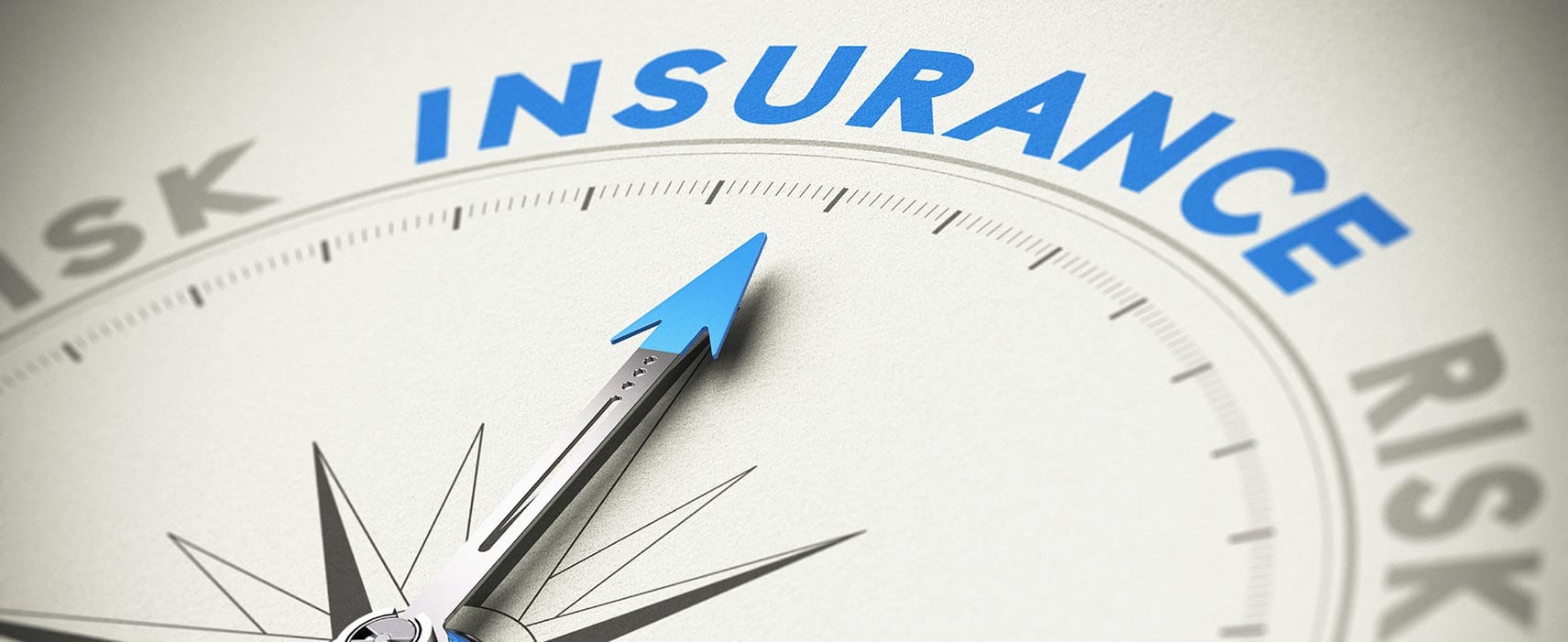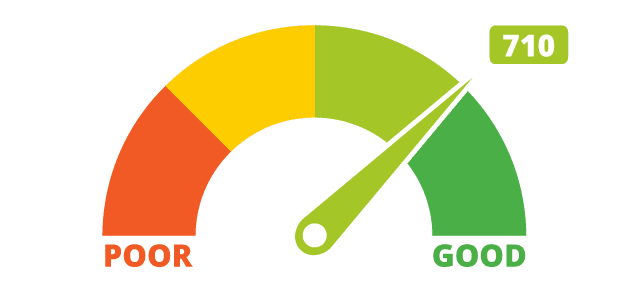Living in the world today is expensive, especially if you carry any of the credit card, car loan, and mortgage debt that most people do. How, in this sea of financial strain, can you possibly find enough money to open and increase your balance in a savings account?
It is possible to save more money if you first think about your priorities and then follow the five-step plan outlined below.
Make Saving a Priority
This first step is the most important of all. If you do not make saving more money a priority, you will never do it. You must decide that you want to save money, even if it requires you to make some changes in your lifestyle. Tell yourself that having a financial safety net is very important. If you have an emergency without one, you will be in big trouble. Also, saving more money will allow you to live better in the long run.
Open a High Interest Savings Account
Right after you decide that you will save money no matter what, you must open a savings account at a bank. You should research multiple accounts and see what will work best for you. Your local brick and mortar bank might have a savings account with easy branch access, but a low interest rate.
Since most people have checking accounts to pay their bills, and since online banking is becoming more secure and popular, using a high interest online savings account, like INGDirect, is an excellent idea. No fees and a high interest rate will grow your savings quickly.
Set Up an Automatic Savings Plan
Once you have your savings account, you must set up an automatic money saving plan. Determine what amount you can definitely live without each week and have it transferred from your checking account into your savings account before you even see it. This is known as paying yourself first. You will find that you don’t miss the ten, twenty, or even one hundred dollars a paycheck that you used to spend on things you did not need.
Save Money Every Day
On top of the automatic savings plan, you should concentrate on saving more money every day. Read tips and information about frugal living, only buy what you need, and shop sales and use coupons. Saving more money on the things you buy is only worth it if you then deposit that money in your savings account.
Keep Track of Your Goals
One of the best ways to keep yourself motivated to continue saving money is by keeping track of your goals. Come up with a master plan of what you want to save the money for. Make a chart like they do for fundraisers and fill it in as you save the money, or write down your savings goals in a notebook.
Saving more money is possible with this five-step plan. It doesn’t matter if you can save five dollars each month or one thousand. You can save money by making it a priority, using high interest savings accounts with automatic savings plans, and keeping track of your goals.







